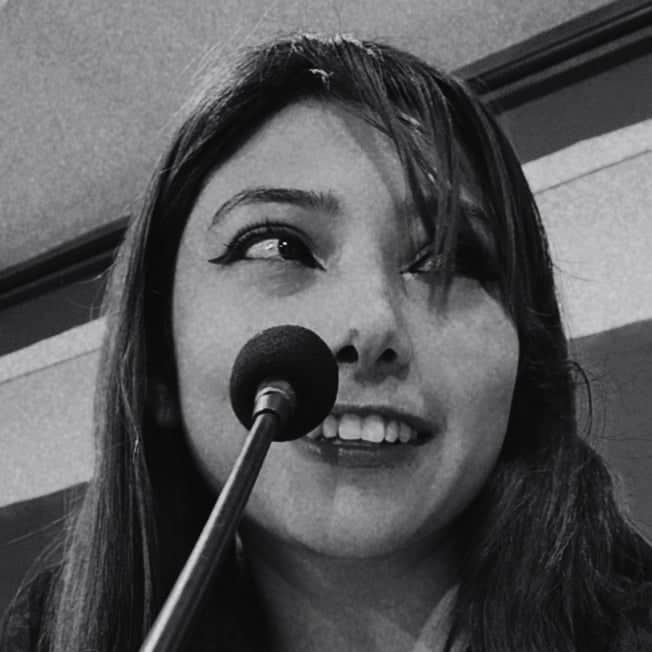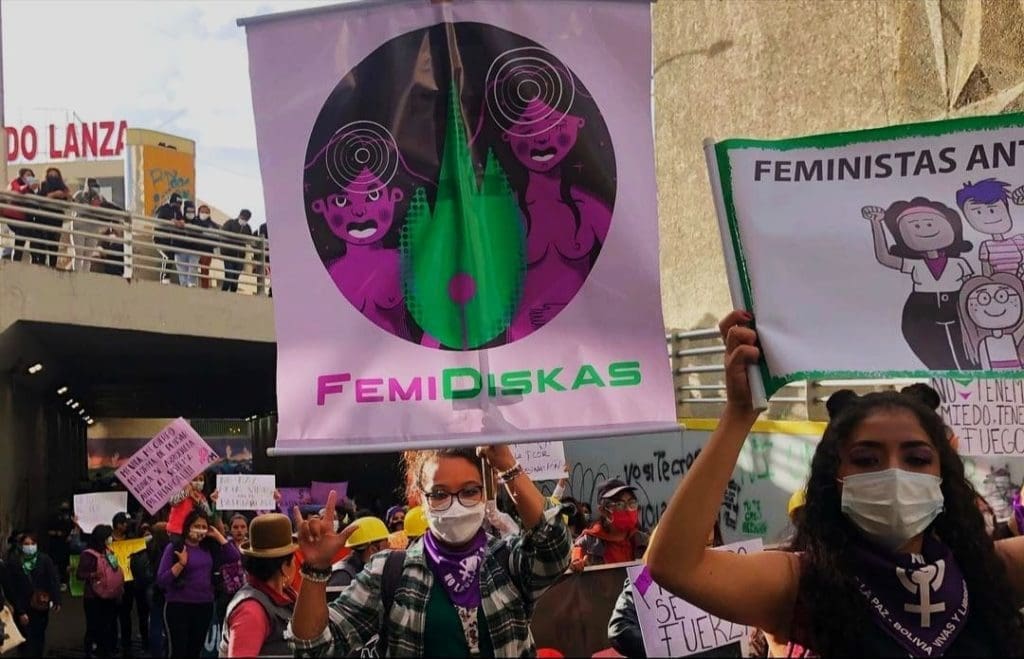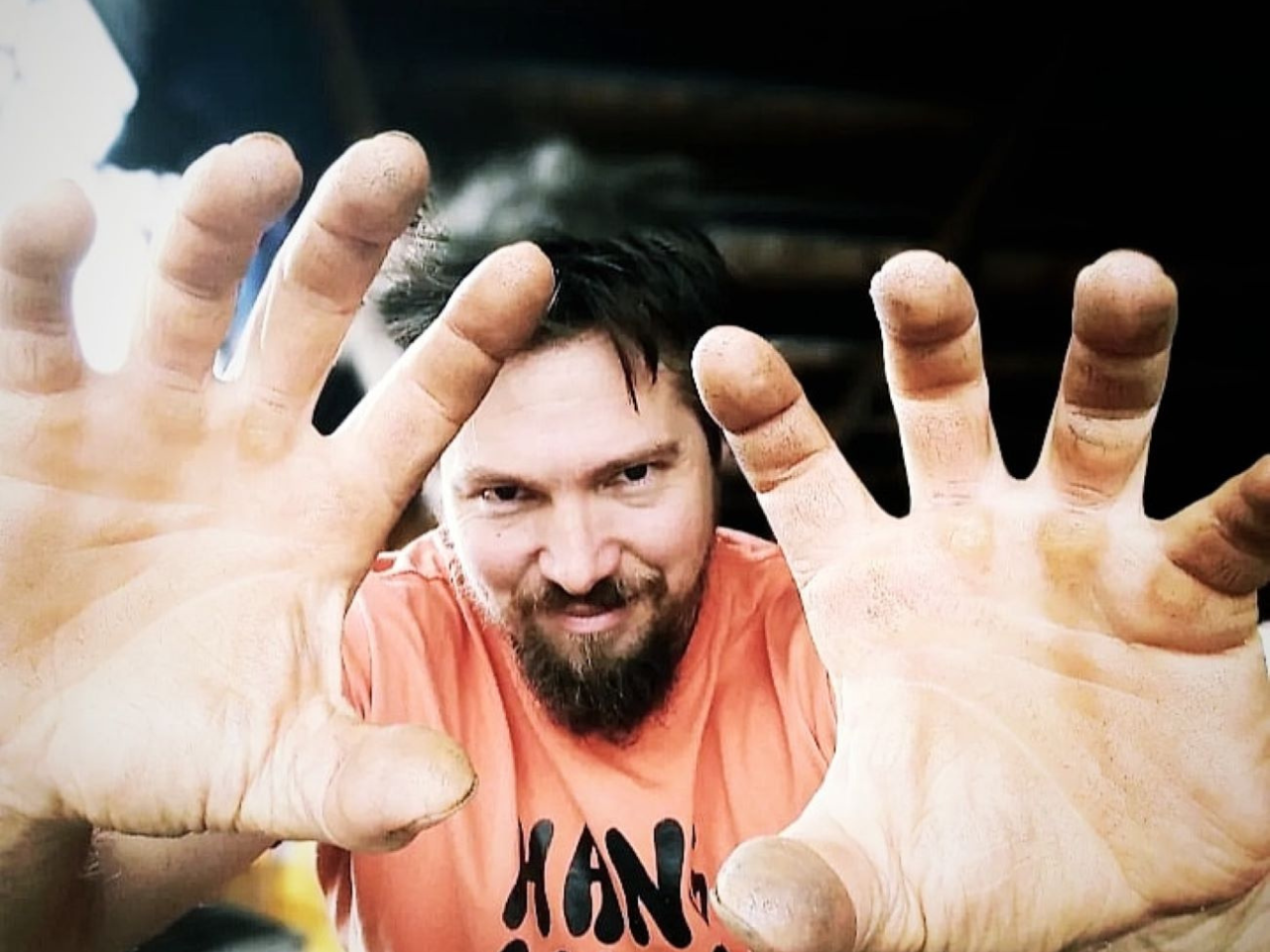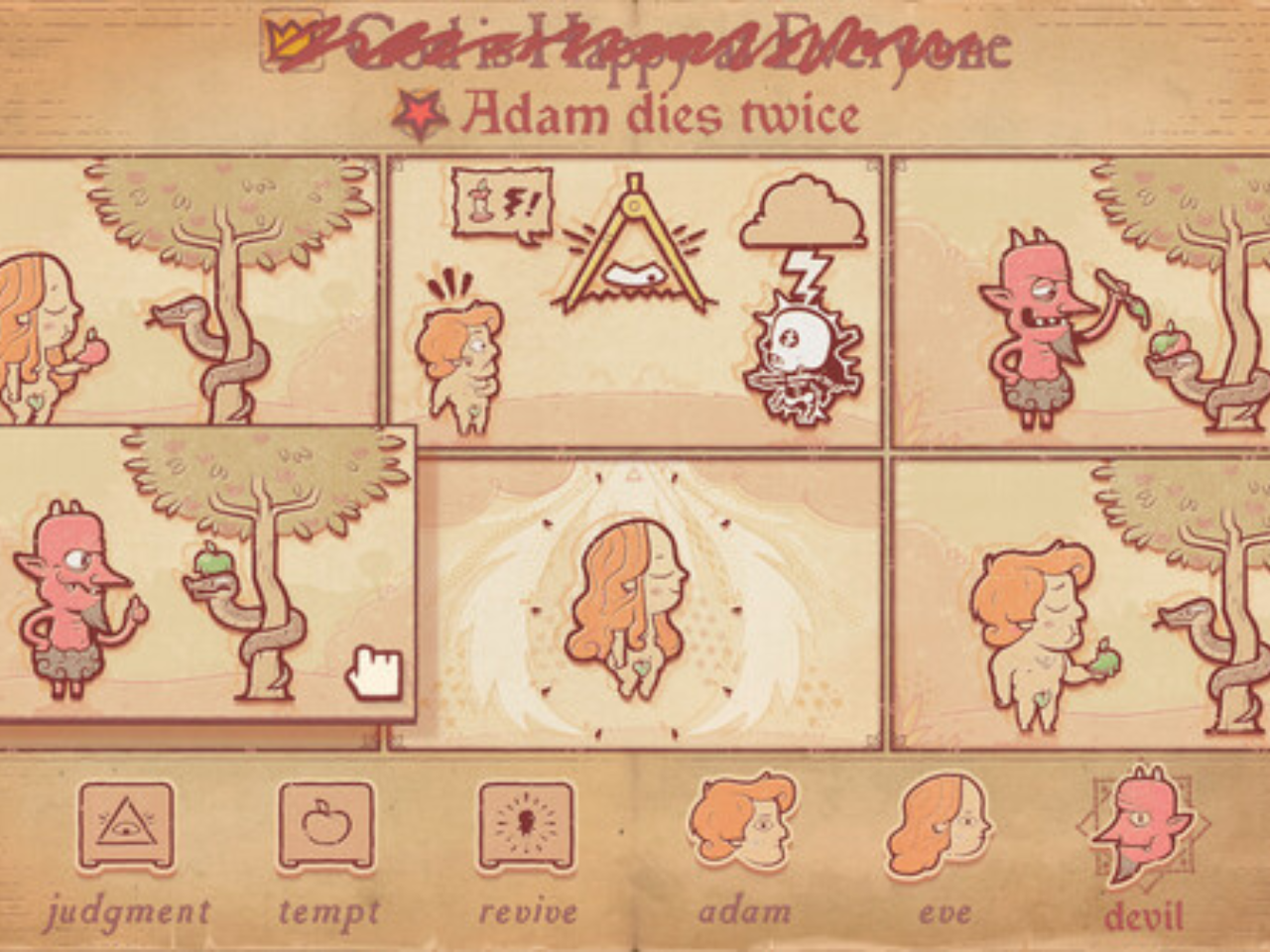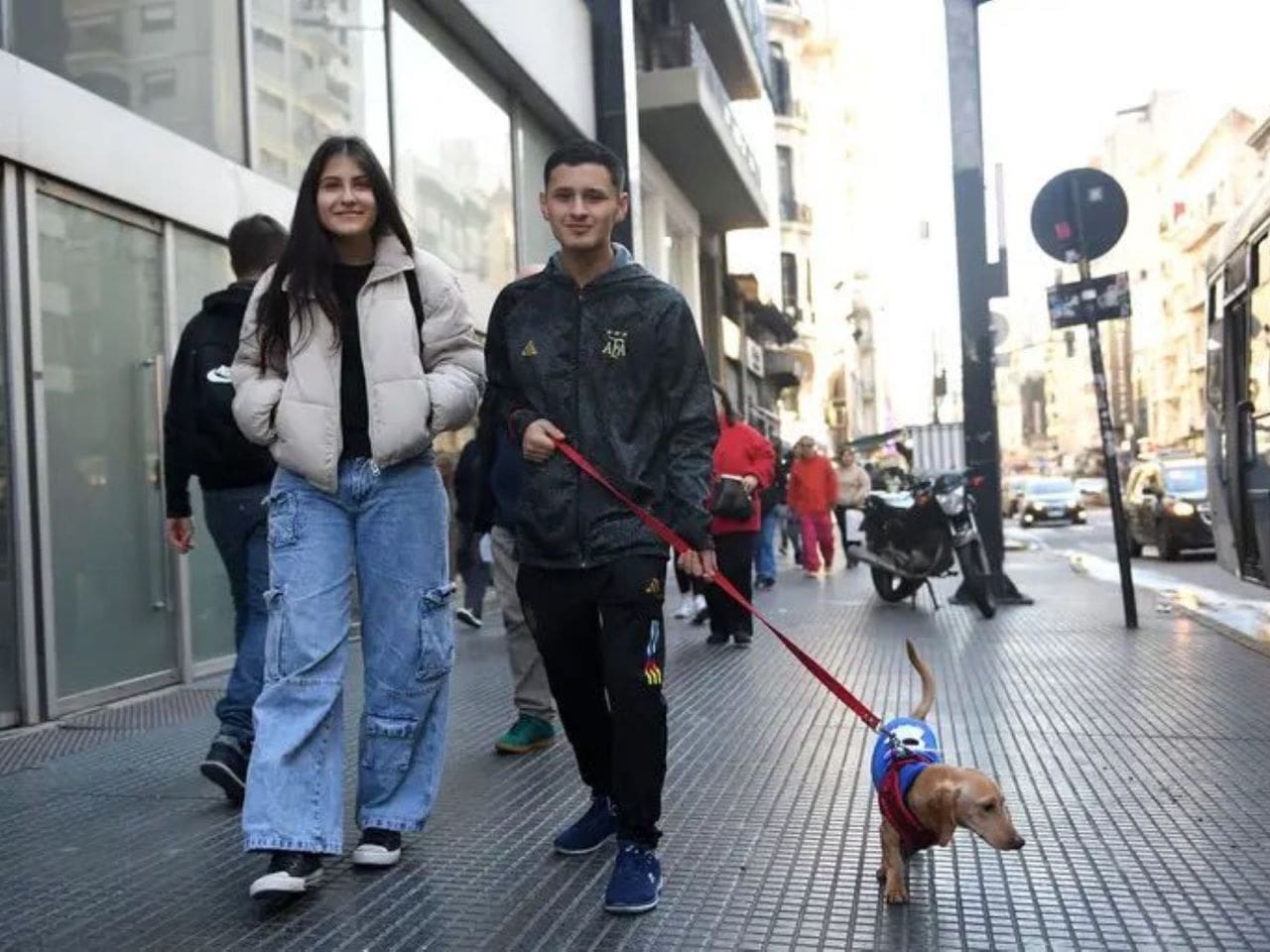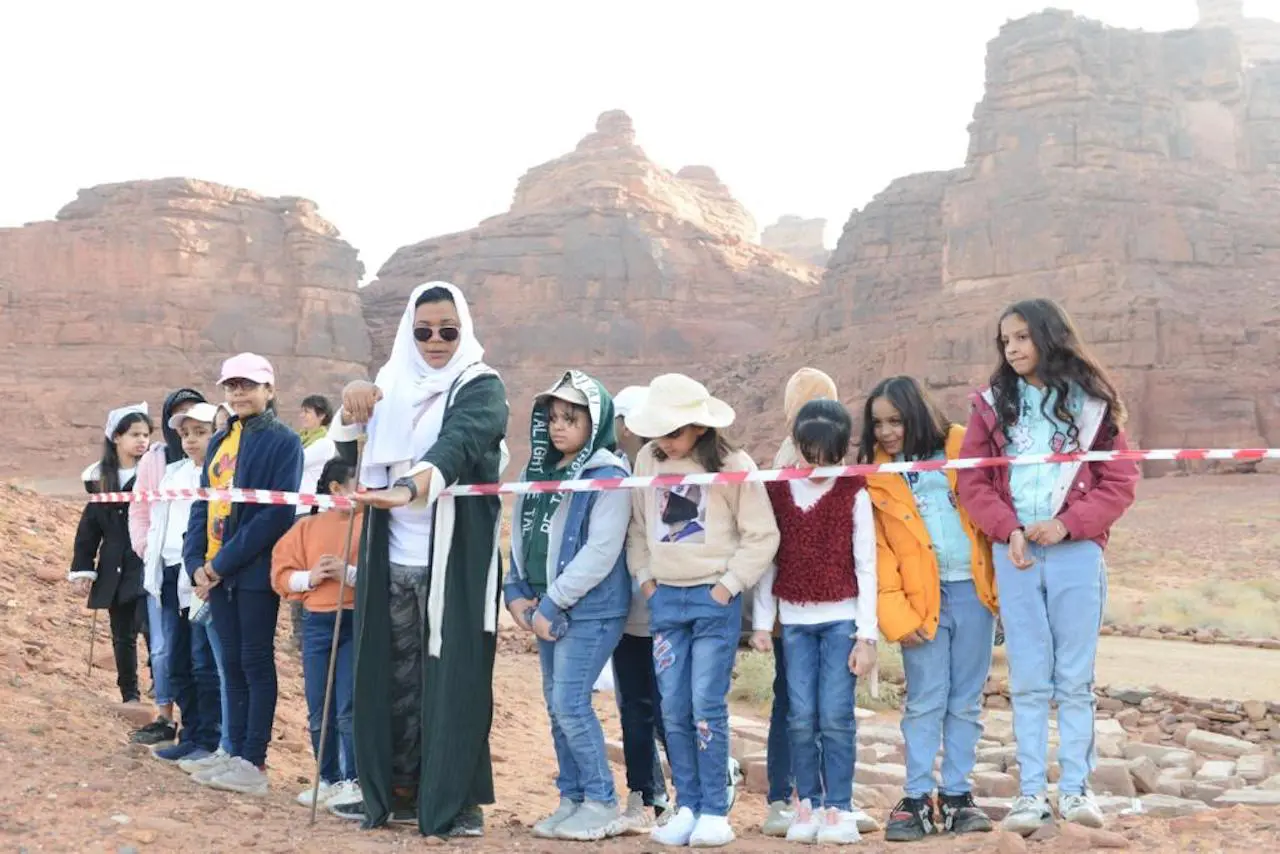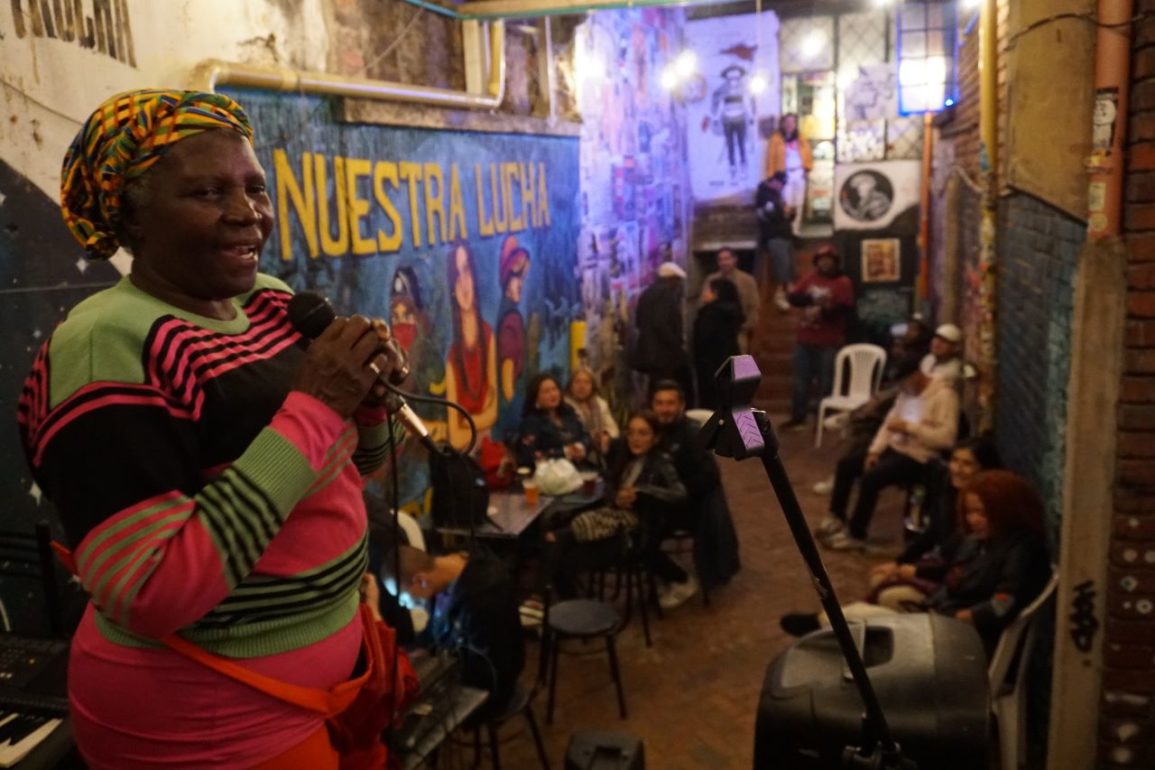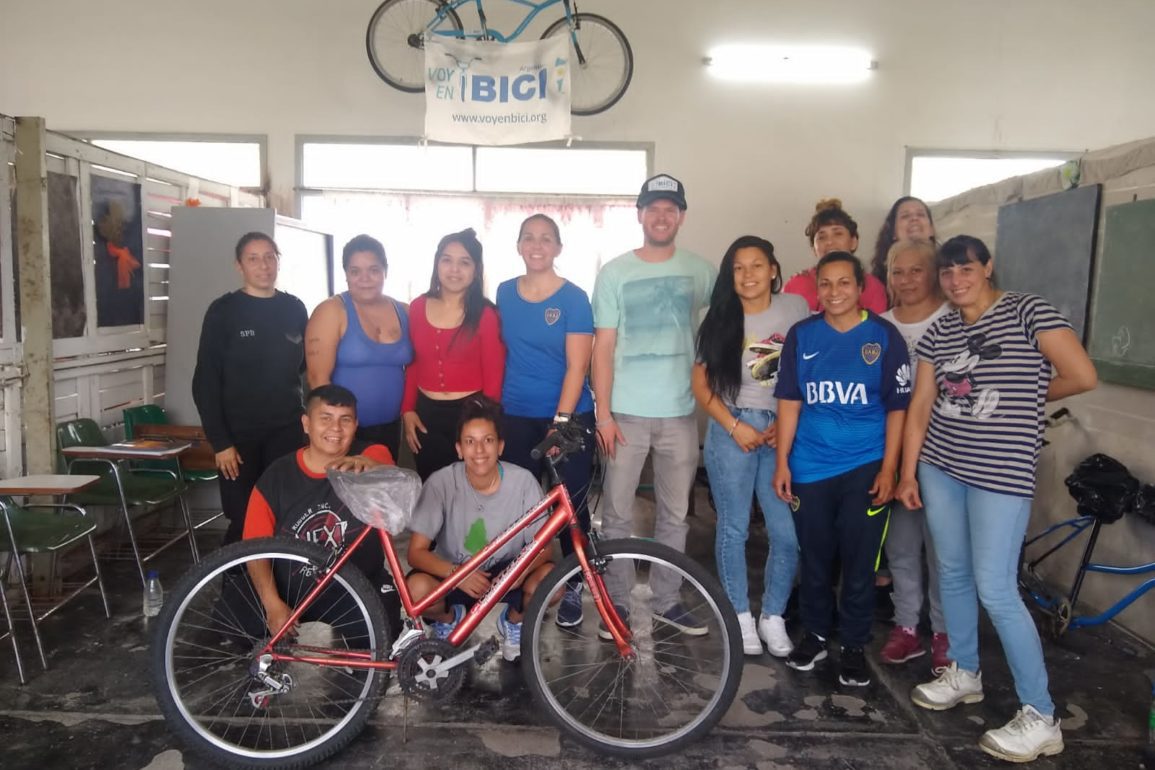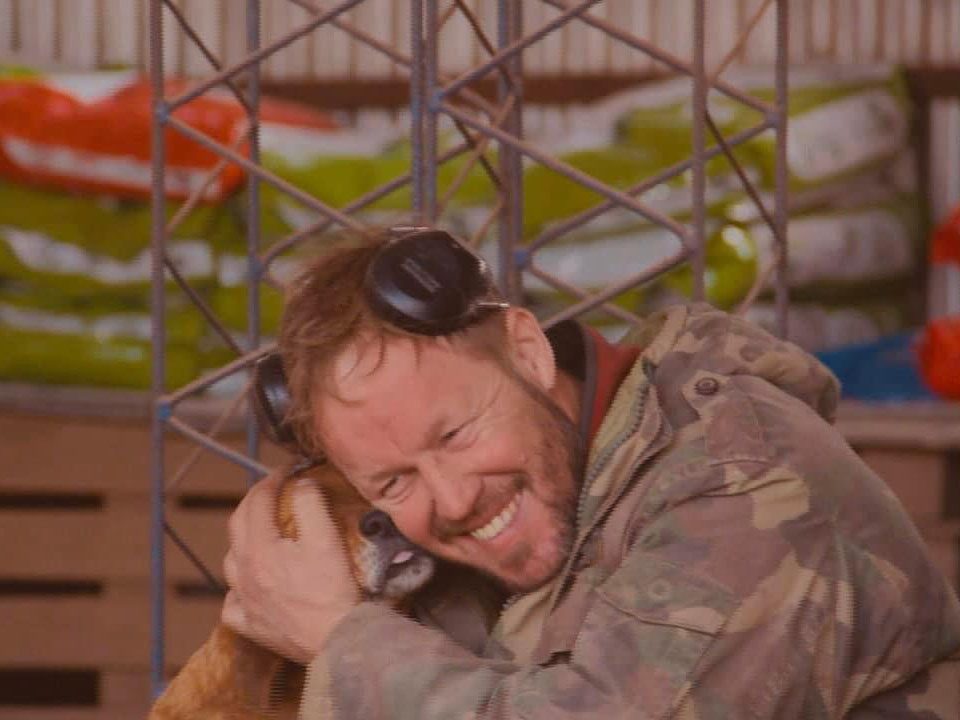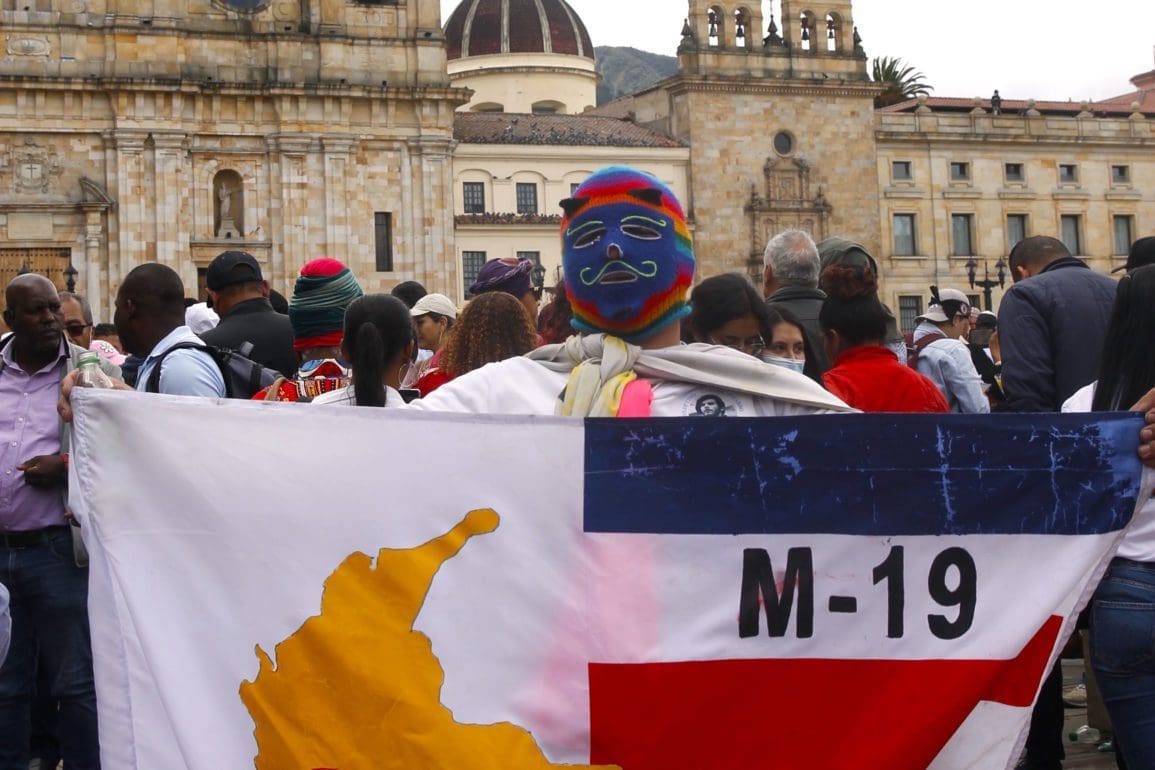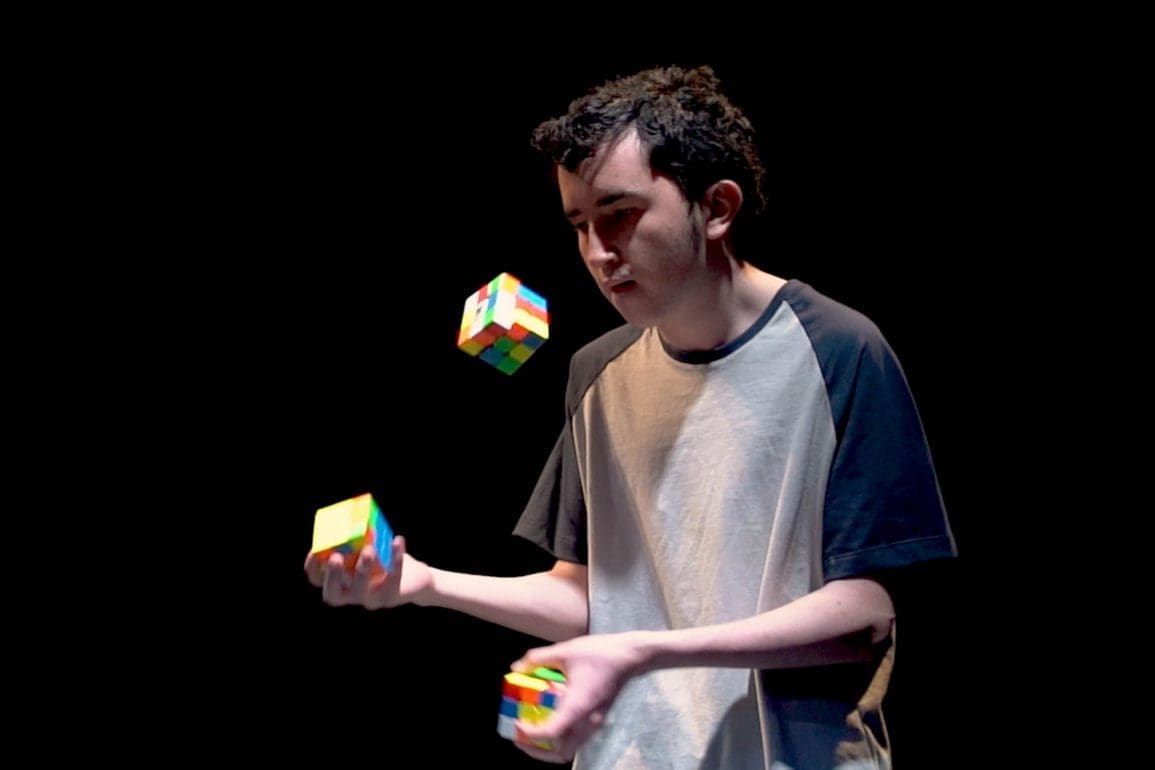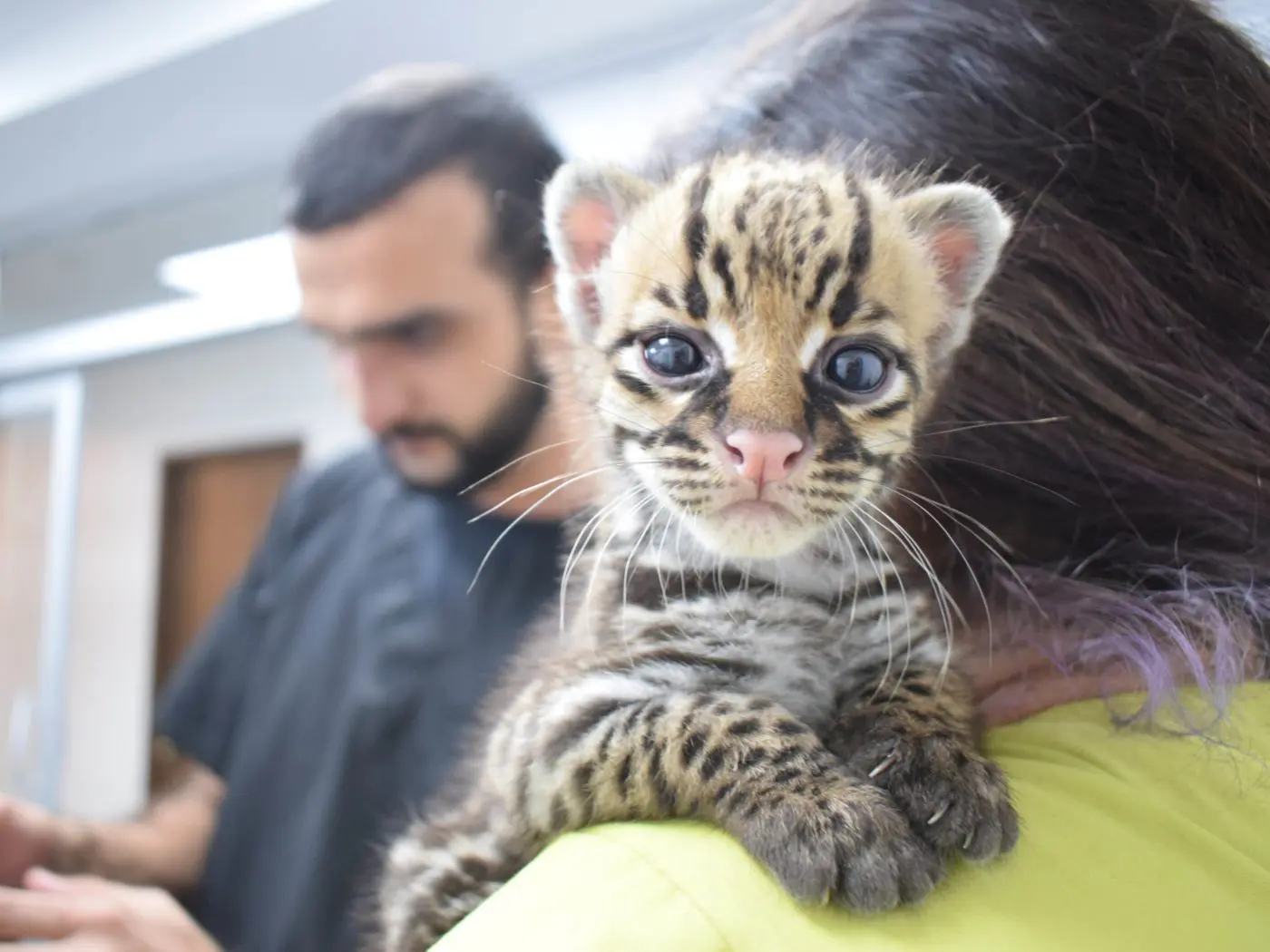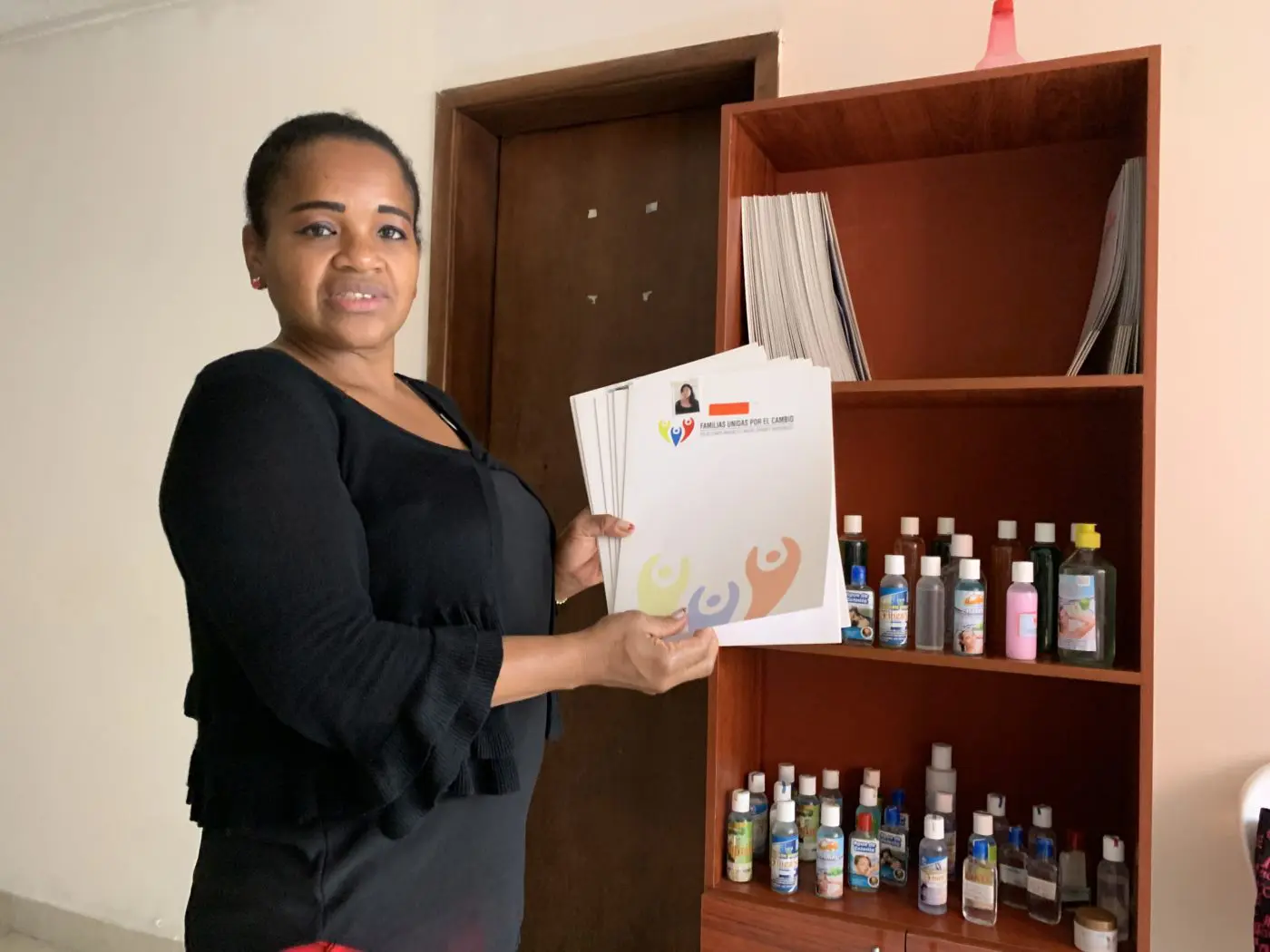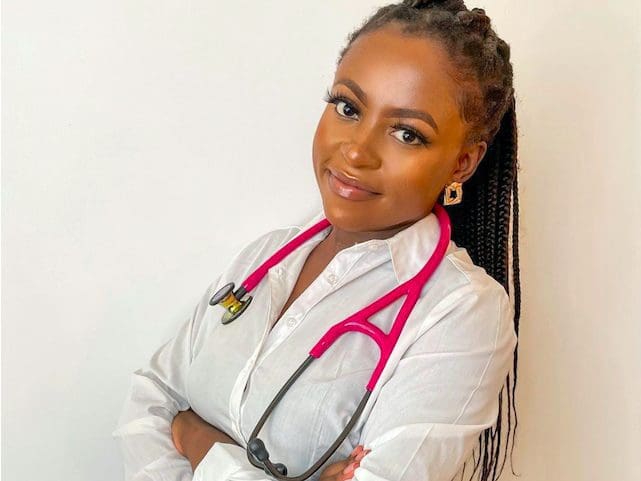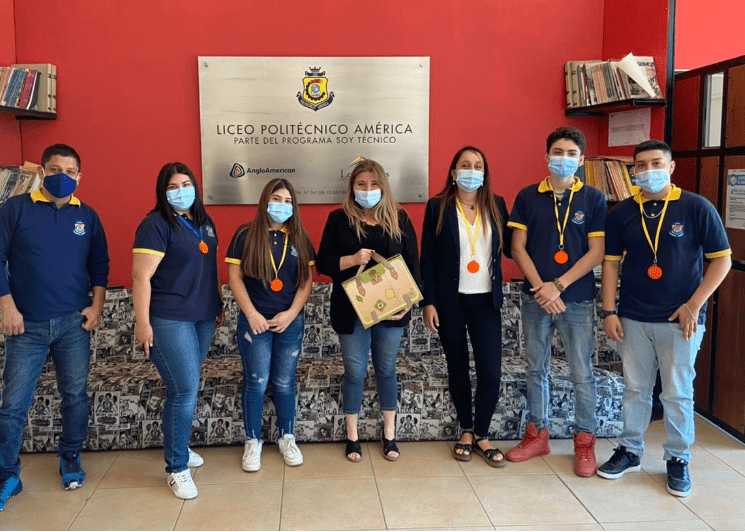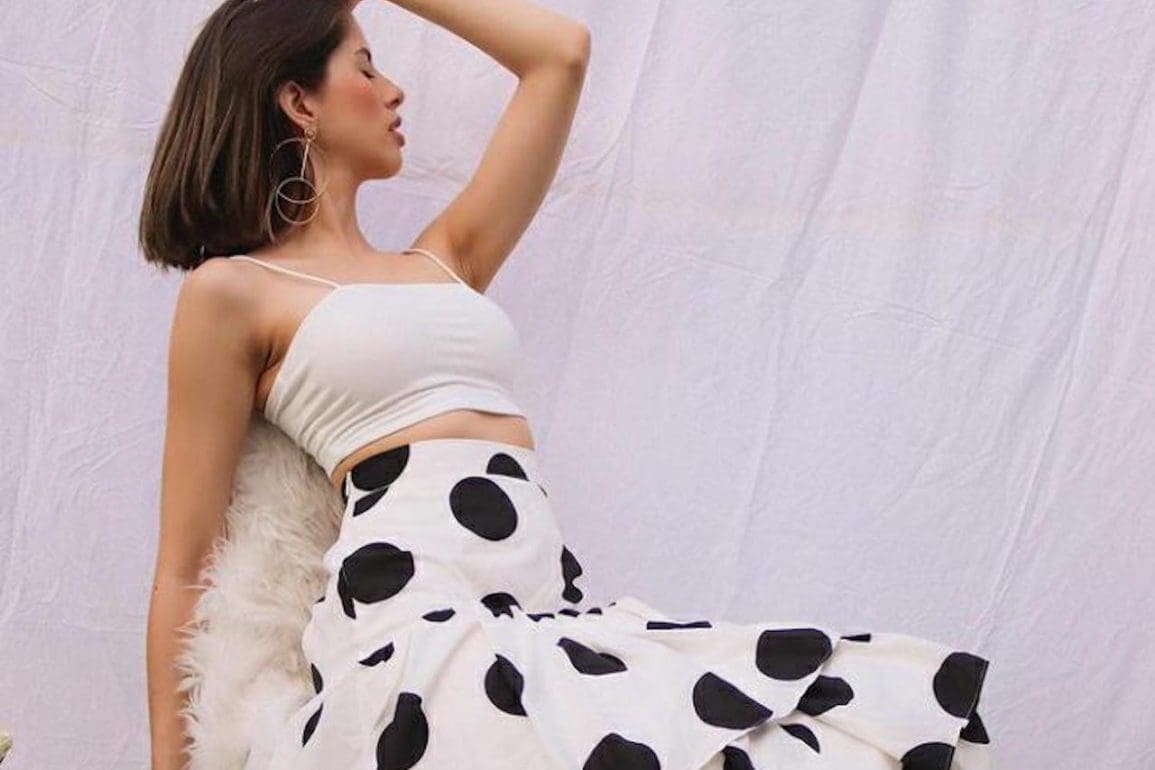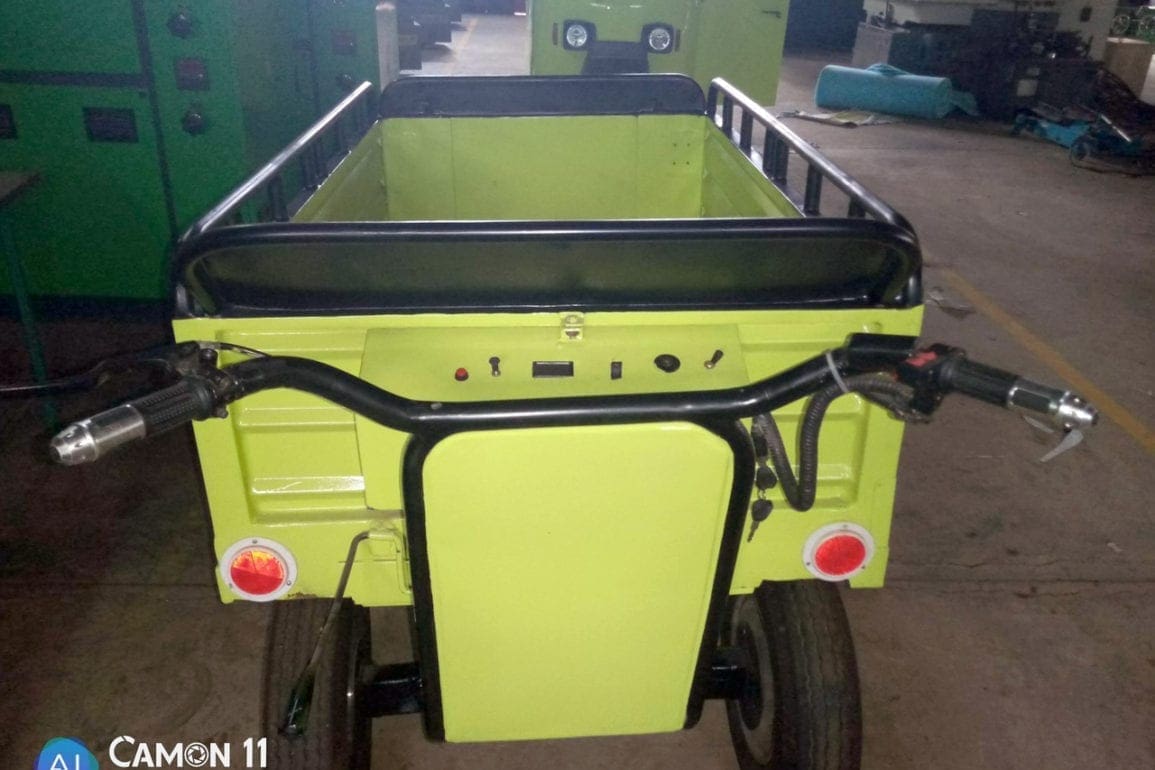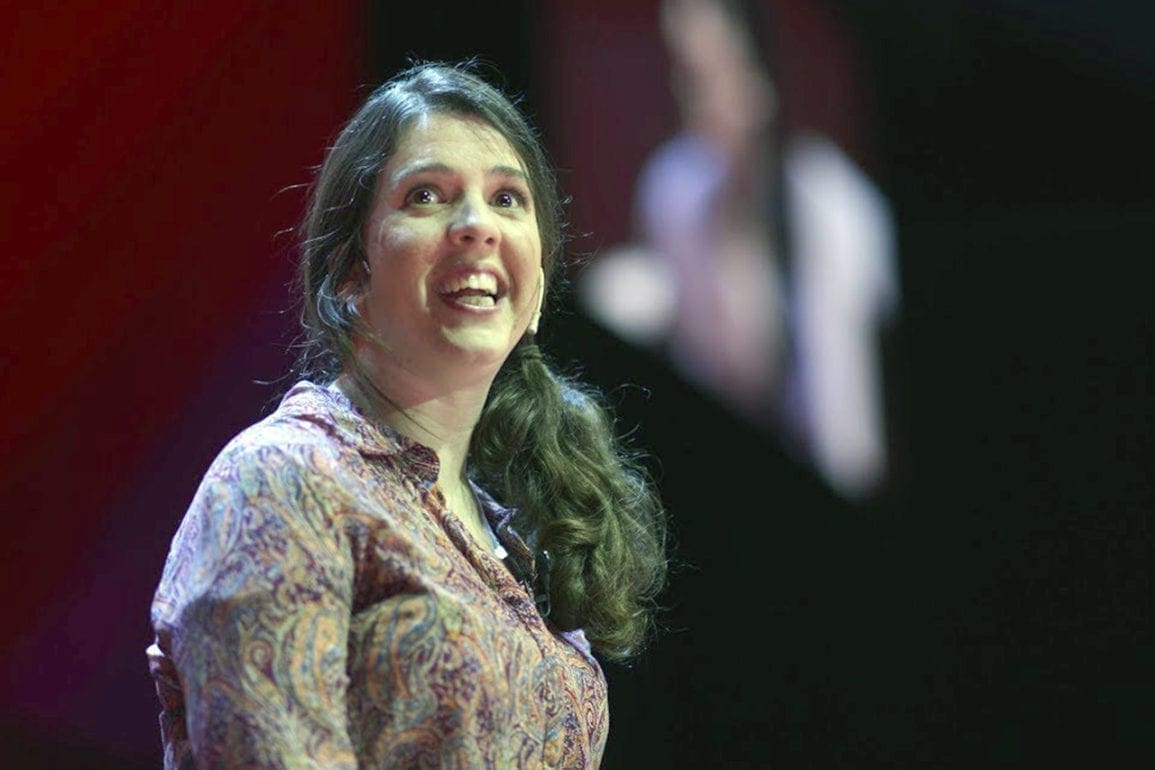FemiDiskas Collective fights for disabled women’s rights in Bolivia
I wanted another life; I wanted to live. At the legal age of 18, I decided to become a mother and choose what I would do with my own body. People tried to impose their norms and attitudes on me. Making the decision to be a mother prompted my approach feminism.
- 2 years ago
June 24, 2022

LA PAZ, Bolivia ꟷ Together with my co-founder, I created the FemiDiskas Collective [a movement of women with disabilities advocating for sexual and reproductive rights, and fighting the able-bodied violence of Bolivia’s patriarchal society].
Born with a visual impairment, I faced many stigmas and obstacles growing up. I transgressed each one to become the woman, professional, and mother I am today. I consider myself functionally diverse and today, I recognize myself in other women with disabilities.
Young woman with disability faces discrimination in school
As a child, I did not know how my disability would limit my life, but I knew I was different. People treated me differently because of my eyes. They imposed their wishes on me and compared me to other children. I felt rejected when peers did not call me or when people asked, “Who is going to take care of her?”
During my educational years, I had to create strategies to adapt to non-inclusive schools. I experienced discrimination from educational institutions in the form of ocular centrism [the privilege of vision over other senses].
With help from classmates and private teachers, I completed my studies at home. In childhood and adolescence, I had no choices. I had to rely on others and accept the conditions imposed on me.
The discrimination I suffered because I cannot see continues today and creates attitudinal barriers in my environment.
Inspired my feminism, woman discovers the impact of patriarchal beliefs and systems
I wanted another life; I wanted to live. At the legal age of 18, I decided to one day become a mother and choose what I would do with my own body. People tried to impose their norms and attitudes on me. Later, they would tell my children, “You have to take care of and do things for you mom.”
Making the decision to be a mother prompted me to approach feminism. Conceiving my first child forced me to face my own mother’s expectations. Living with her made it difficult to raise my son. She neglected me to take care of him.
At that time, my sister became an active feminist militant. She made a comment that deeply impacted me. She said, “I hope you do not raise [your son] macho,” and introduced me to the term “depatriarchalization” [divesting the attributes of a society run by males].
Those words from the mouth of my sister found me for the first time and would accompany me through my fight for my rights and the rights of my companions.
I began to discover and reveal sexist patterns and attitudes that intertwined with the social stigmas of my disability. It was then I realized, I wanted to fight for everything that made me who I was. I am a mother, a psychologist, a woman, and a person with a disability.
The Femidiskas Collective launches fight for women with disabilities in Bolivia
The COVID-19 Pandemic afforded me time to discovery myself and enter the world of feminism. I began to connect and recognize more women with similar difficulties. Each bore different functionalities and we all experienced oppression by a macho system.
Feminist collectives were coming together at that time to demand decriminalization of abortion. They presented a manifesto to our group which made us question how we feel. As women with disabilities, we all wanted to live, to have sexual freedom, to be mothers, and to decide for our bodies. We did not want to be forced to abort our children or make decisions based on social stigma and ableism.
I became pregnant and began to question myself about pregnancy and abortion; to understand the right to decide for my own body. Women of all ages, ethnic groups, conditions, and situations can be summed up in our struggle to claim our rights. The FemiDiskas Collective was born.
The collective offers a means for self-management against the prohibition of women’s sexual, reproductive, and labor rights. Made up of women with disabilities and allies, we accompany and recognize one another and organize to devise strategies to help all women with disabilities.
FemiDiskas is a new collective on the way to self-management, and it is born precisely from our search for our sexual, reproductive, labor rights, and interdiction. Made up of women with disabilities and allies, it is also a group of accompaniment and recognition among us, through this union, we organize ourselves to devise strategies to help other women with disabilities.
